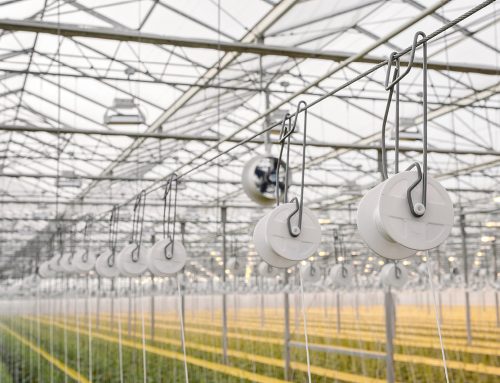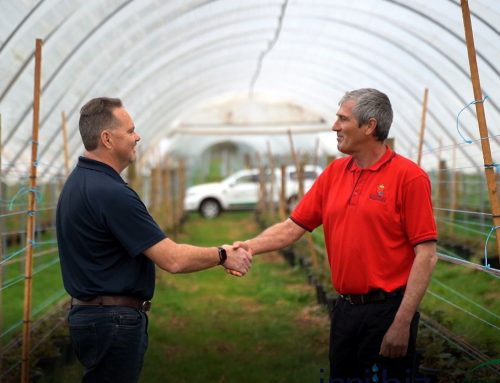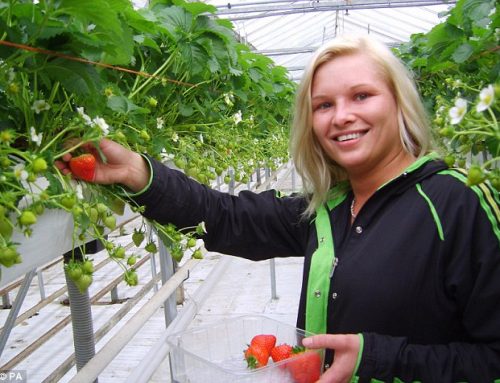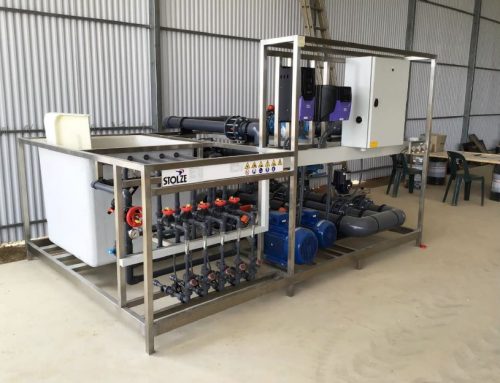More than 20% of the world’s population lives in India and providing fresh food is getting more difficult because of drought issues, overworked soils, urbanisation and deforestation.
Last week, the Centurion University of Technology and Management from Odisha in India sent seven academic staff to the Western Sydney University (WSU) to do a crash course in high, medium and low-tech hydroponic greenhouses. Greenworks were asked to facilitate parts of the training course.
It was a packed three days of hands-on information sessions, guided tours, workshops, videos and Q&A taken by Philip Jones of Greenworks and their technical staff. Everything internal was covered from the mechanical, hydraulic and design considerations to the Priva irrigation and climate control system.
Priva Controllers
Greenworks Priva Technical Manager, Edgar Lopez’ explanation of the WSU ultimate Connex controller was heralded as “Excellent” and “Five star plus” by Dr Durga Prasad Padhi, the group’s leader.
A virtual meeting with Priva Trainer, Tony Bundock was “extremely useful” as he screenshared live from Melbourne manipulating scores of factors within the high-end software. Catchment of data, into easy to read graphs, enables growers to predict plant stress and ameliorate issues before production or quality is compromised.
“The basic aim was to fully understand, and capture the technology, the construction process and maintenance of the protected cropping unit so that we can replicate it locally at an affordable cost” said the President of the Centurion University.
Putting Hi-Tech in Perspective
After two days inside WSU’s $11 million dollar, 1,600m2 research and education glasshouse, the inspired group were taken on a tour of local low and medium tech greenhouse operations for some comparison.
The farm owners were very forthcoming about how their business and growing systems were constructed and operated. Issues such as insect and disease pressure, equipment quality and managing breakdowns were openly discussed and some novel farmer–created solutions to problems were showcased.
Due to their persistence and innovation, a number of these farmers are producing good yield and quality produce and the delegates related well to the difficulties encountered on farm.
The contrasts were fascinating and very thought provoking for the group, who are determined to transfer the knowledge acquired back into their own curriculums and rural communities.
The academic group found it not only to be very informative and engaging, but also an extremely worthwhile experience.
Congratulations to Greenworks and WSU on providing a comprehensive, yet understandable introduction to the very latest in technology and computerisation encompassing all aspects of hydroponics and protected cropping, as well as stimulating discussions, networking and a once in a lifetime Australian experience for the visiting academics.
























